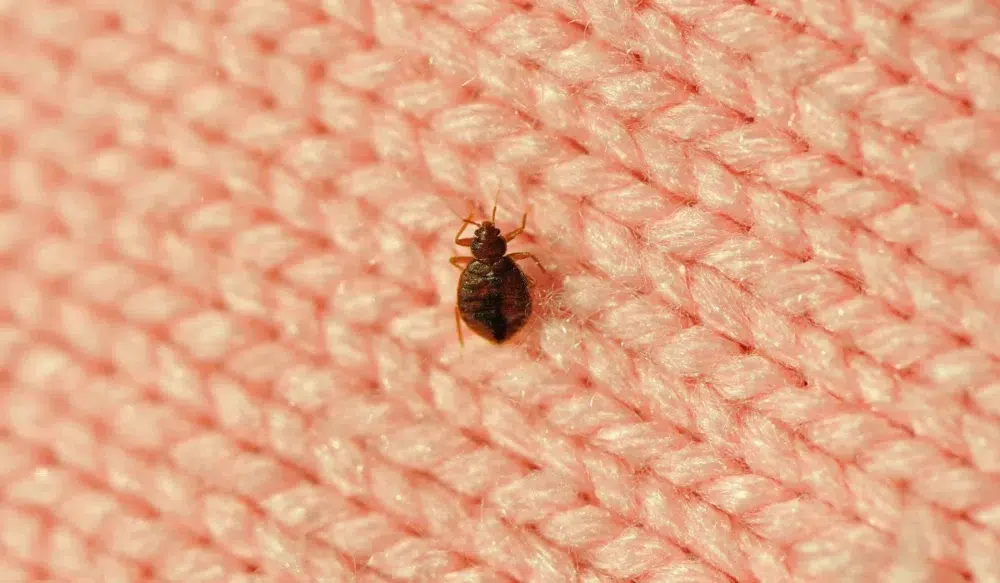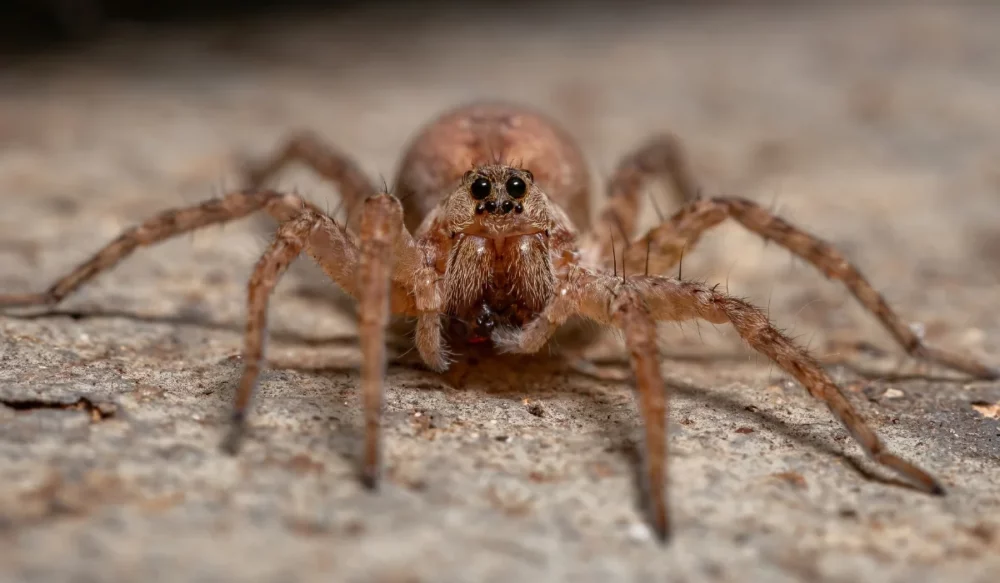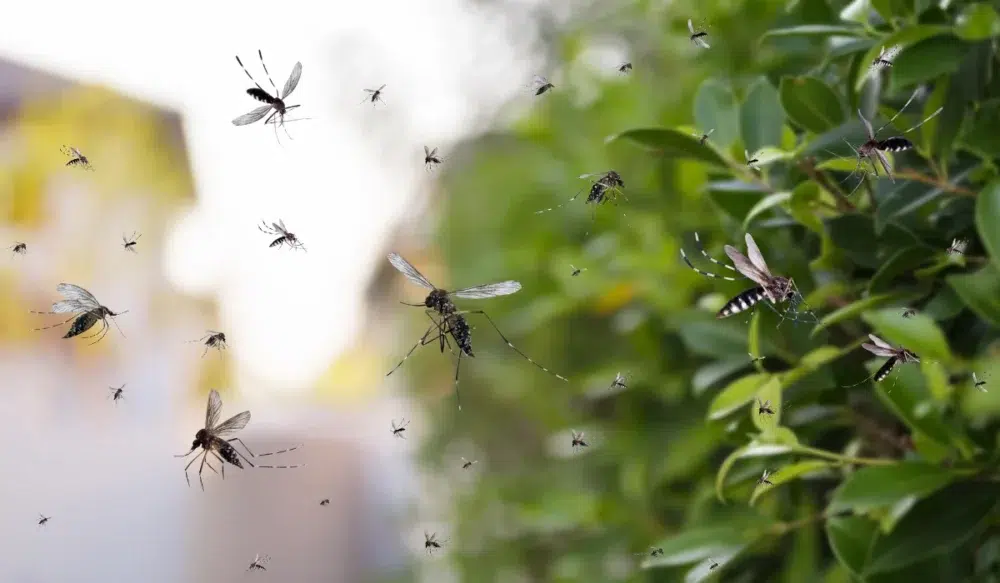When you find pests in your home, you will work to get rid of them. Right? You won’t put up with flies buzzing around in the air or creeping insects climbing around on your floors and counters by the hundreds. However, the methods and products you choose to address pest problems can have varying results. Our topic today is DIY vs. professional pest control. We’ll cover some common misconceptions about DIY home pest control and discuss ways Phoenix pest control professionals address pest problems. Our goal is to help you better understand how pest problems begin, how to manage them, and how home pest control services work to stop pests. Prepare for surprises ahead. There is a good chance we will share some facts you’ve never heard about or considered.
The Do’s And Don’t’s Of Home Pest Control
Let’s start by laying some groundwork. There are two types of pest control. They are proactive strategies and reactive strategies. When you proactively work to keep pests out of your home, you stop them before they impact your health and/or damage your property. When you react to a pest infestation, you give pests time to cause you harm and chip away at your savings account. Step one is always to use a proactive strategy.
When you apply pest control products and methods, avoid using solutions that attack the symptoms instead of the source. What do we mean? Fly control provides a great example. You can hang bug zappers and fly strips up to catch flies. These have an impact on how many flies you’ll see indoors. If they didn’t work, Phoenix residents wouldn’t buy these products. But these products only attack the symptoms. The flies in your home are not the source of your problem. You can zap and capture flies every day and fail to stop an infestation of flies. A better solution for flies is to address breeding sites, such as your kitchen trash. It is amazing how quickly a fly infestation will disappear after purchasing a trash receptacle with a cover that seals. Another step is to remove trash frequently, so flies don’t have time to hatch from eggs disposed of in your trash. Flies begin as maggots. They don’t hatch from their eggs and immediately take to the air. If you remove rotting organic matter that maggots feed on, you prevent airborne fly troubles. Do you see how it works?
Another common way home pest control fails is that people use products that just don’t work. While there are many DIY home pest control spray products available, these generally attack the symptom the way zappers and fly strips do. Sprays don’t get into wall voids, cracks, and crevices where pests hide. They’re also inadequate at eliminating pests that come out of hiding places. Most will go around treated areas.
The last point we’d like to make is that DIY pest control for your home is less about the products you use and more about the strategy. Cockroaches provide a helpful example. Can you trap and remove cockroaches from your home? Yes. But you’ll need to keep deploying traps and removing cockroaches if you don’t take one critical step. You need to seal exterior entry points to stop cockroaches from getting inside. If you don’t, they will continue to enter your home indefinitely.
Now that you have the groundwork, it is time to turn our attention to some helpful home pest control tips. These tips are proactive and they work to address the source of infestations and the conditions that promote pest entry.
Helpful Tips For Deterring Pests In Phoenix
There are many ways to deter pests naturally. No control products are needed. When you do the hard work of pest management, you get in front of pest problems and prevent health issues and property damage.
- It might seem like a small issue, but opening your doors and stepping inside quickly can prevent pest problems. Flying insects, such as houseflies, fruit flies, phorid flies, carpet beetles, and clothing moths can go right in through your front door if it is left open.
- You can further prevent flying insects from getting inside if you replace your entryway lights with bulbs that cast yellow light. Insects are attracted to white light. When you flick the light on for the pizza delivery guy, insects are drawn to your entryway and can fly right into your home when you open the door to get your pizza.
- Another way to prevent flying pests from getting into your home is to move your trash receptacles away from exterior doors. Many flies are attracted to the scent of rotting organic matter. As they buzz around receptacles near exterior doors, they are milliseconds away from getting inside.
- Some pests come in through your exterior doors even when they’re closed. If you can see light coming in through gaps around your doors, insects can enter your home. Replace weatherstripping, align double doors, and install door sweeps. If your door has a screen, repair any damaged areas.
- Many pests get into homes after first establishing themselves near the foundation. When you remove leaf litter, dead branches, and stacked wood near your home, you reduce pest activity and reduce the chances of an infestation in your home.
There are more examples we could give, but these should provide a good foundation for you to begin to get proactive. Check out our other blogs for more all-natural pest management tips. Also, keep in mind that year-round pest service from Green Home Pest Control can give you added layers of protection and help guard against pest entry.
The Pros And Cons Of Attempting DIY Pest Control
Many of the issues that arise with DIY home pest control products and methods are that they often fail due to a lack of knowledge. Your efforts can fall short even when you use products and strategies that are known to work. Let’s take a quick look at a few common mistakes we see.
- Bait can stop certain pests. Bait can be a great solution because it often attacks the source of pest problems, such as eliminating ant colonies. Unfortunately, there are many ways bait can fail. If you use protein bait on sugar ants, they won’t take it. If you put bait in a sunny area, it may become inert. If you apply too much bait, you may cause your ants to become bait-averse. None of these are desirable results.
- Some people turn to mound treatments to address any problems. While these can work for certain species, some species may react adversely to improper mound drenches. A misapplied mound treatment can cause budding, which turns one colony into two or more colonies! Budding commonly occurs in ant colonies with multiple queens.
- Some homeowners turn to essential oils for home pest control. Do these naturally derived oils work? Yes. But there are several drawbacks. You have to select a scent that works on the pests you’re attempting to control. You have to apply these products frequently to maintain a level of deterrence. And some pests will put up with things that smell bad. Mosquitoes are a good example. A female mosquito needs a blood meal for reproduction. She is highly motivated to bite you because reproduction is a critical need. Essential oils aren’t likely to prevent mosquito bites for long.
The primary benefit of hiring a professional is that professionals are trained individuals with on-the-job experience with common pests. Your technician is aware of the many ways pest control products may fail and will apply products according to field-tested strategies.
Get Help From A Professional If Possible For Home Pest Troubles
When pests get into your home, you’ll always get the best results when you contact a licensed professional. Pest control technicians use a process of inspection, treatment, monitoring, and evaluation to solve pest control issues. Once the pests are gone, your technician can also help you keep pests out of your home by applying layers of pest control around your exterior. During your routine service visits, your technician will spot-treat your yard and landscaping to reduce pest activity, remove spider webs to get rid of spiders before they hatch, treat your exterior with a liquid barrier, and perform other critical tasks. These treatments stack. It is a bug-eat-bug world out there. When one pest is dealt with, other pests no longer have that one pest as a food source. The more control that is applied, the greater the barrier will become around your exterior. There is no better way to stop pests in their tracks.
Are you in Phoenix? If so, you’re in our service area. Let Green Home Pest Control provide your exterior with what it needs to keep pests out of your home all year long. Our residential service plan adds protection to what you’re already doing or gives you critical protection in areas you cannot address. Reach out to us today to learn more or to schedule service. We’ll guide you toward the right solution for your specific needs.



